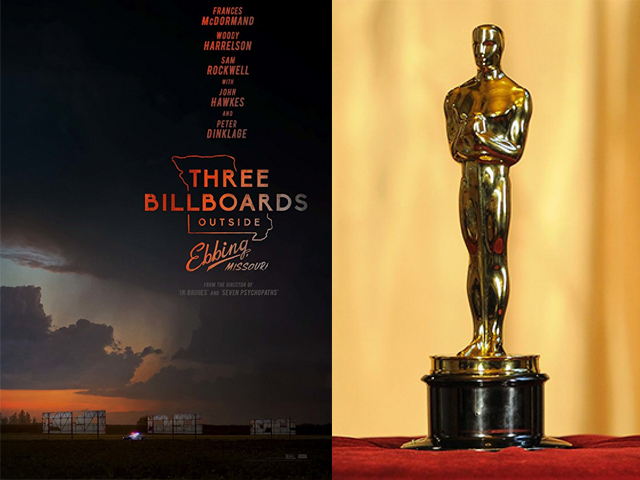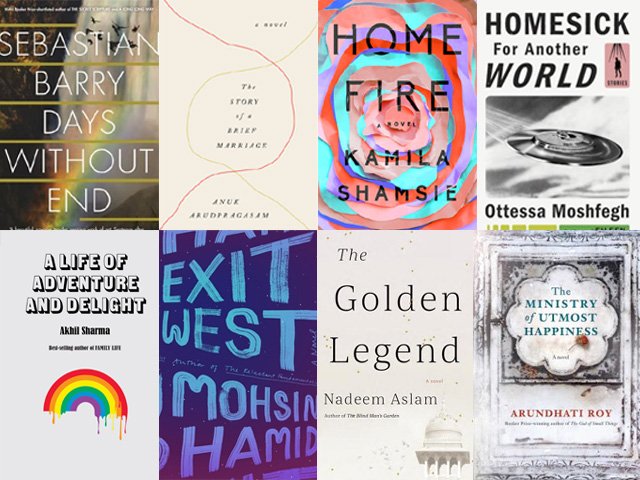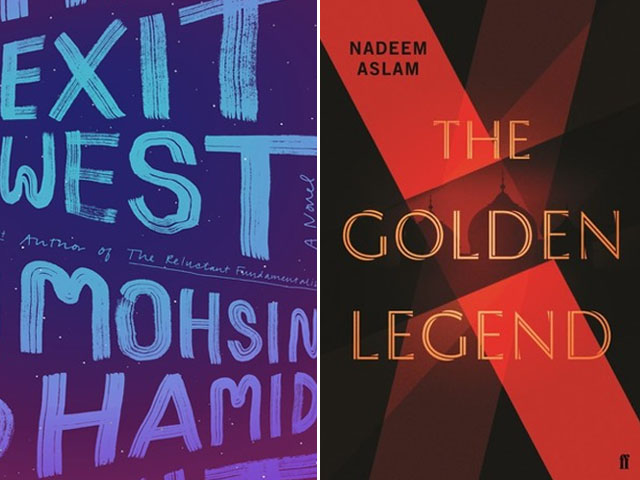
Did 'The Narrow Road to the Deep North' deserve the Man Booker Prize?
It somehow fails to mollify the insatiable expectations that readers have from a Man Booker prize winning novel.
Richard Flanagan’s scintillating novel and winner of the coveted Man Booker Prize this year, The Narrow Road to the Deep North, is a classic love-war saga. Like any other brilliant work of war fiction, it manages to pull at every string in your heart and leaves no stone unturned doing so.
However, camouflaged under the profound, morbid and harrowing depictions of war, lies a love story that is both ambiguous and lackadaisical. While trying to merge two extremely impactful themes of love and war, Flanagan makes the cut, very scarcely, to do justice to only one of them. Hence, although Flanagan’s novel is very dynamic and powerful, it is also terribly flawed.
In the novel, Flanagan uses a chapter from the history of the World War II as a backdrop. The allied soldiers are enslaved by the Japanese captors and are forced to build a railway between Thailand and Burma under appalling conditions. The protagonist, Dorrigo Evans, is an Australian doctor who is captured by the Japanese forces and serves as the officer in charge of the prisoners of war working on the railway. As the mordant tragedies of war unfold, Dorrigo finds himself engulfed by horror, suffering, hunger, sickness and death. But his most excruciating consternation is the memory of his transient love affair with Amy, his uncle’s wife. Constantly torn between his yearning for Amy and his infidelity to Ella, his own wife, he embarks on an odyssey of survival in which he has to save his life as well as the lives of thousands of men under him.
The novel, incontrovertibly, is beautifully written. There is a plethora of sentences and passages which are swoon worthy. I was often compelled to stop and reread some luridly stomach-churning sentences while simultaneously contemplating about love, life and human suffering thereof. In the passages set during the war, Flanagan brings to life the agony of human nature. He delineates the cataclysmic struggles of men at war, the gruelling labour, the sweltering heat, the abysmal starvation, which forced men into the realms of malnutrition, and even worse, malaria, dysentery and cholera, and the torrential rains which accelerated and catalysed the spread of illnesses. In writing about the brutality and the visceral suffering of the war, Flanagan undoubtedly transcends all limits and writes an extremely obscure chapter of history with the wit of his rhetoric power and eloquence.
Unfortunately, the post-war narrative becomes side-tracked by the descriptions of the fates of the survivors of the war and some of the Japanese war heroes. Flanagan, carried away in creating vibrant side characters such as Darky Gardiner and Nakamura, ended up writing chapter after chapter on their lives only, while flagrantly ignoring Dorrigo. By the third quarter of the novel I was trapped in a mesh of perplexity as I failed to figure out who the true hero of the novel was. Though these chapters are also written exquisitely, using vivid characterisations and lurid descriptions, what Flanagan fails to do is to write that page turning climax of his love story which would have given the readers the idyllic satisfaction of having finished the most quintessential and life-altering piece of contemporary love-war fiction.
While the entire book is written with an unflinching force and a relentless vivacity of Flanagan’s prose, it somehow fails to mollify the insatiable expectations that readers have from a Man Booker prize winning novel. The novel carries a barrage of emotional significance for Flanagan as it is based on his father’s tormenting experience as a survivor of the Japanese POW camp on Burma’s death railway during the Second World War. His father died aged 98, the same day Flanagan emailed his final draft to his publisher. But is that enough to win a prize of this magnitude?
In a landmark year when US authors, and not just those from the commonwealth, were allowed to enter the prize after 46 years and with a long list of 13 novels as eclectic as ever, it comes as a surprise that this book was chosen as a winner. If excoriating stories infused with poignant descriptions of war is all it takes to create a great piece of fiction then Flanagan has done just that. But what does it truly take to write a great book, a master piece? There’s no answer to that.
Tastes in fiction and literature are extremely subjective and the guardians of the literary world, which influence and metamorphose people’s tastes, have their own way of surprising us. So, as Mr Flanagan euphorically celebrates his victory and enjoys a surmountable increase in the sales of his book, the literary world must hold its breath and suffer from paroxysm of anticipation until next year, for the new winner.




COMMENTS (3)
Comments are moderated and generally will be posted if they are on-topic and not abusive.
For more information, please see our Comments FAQ